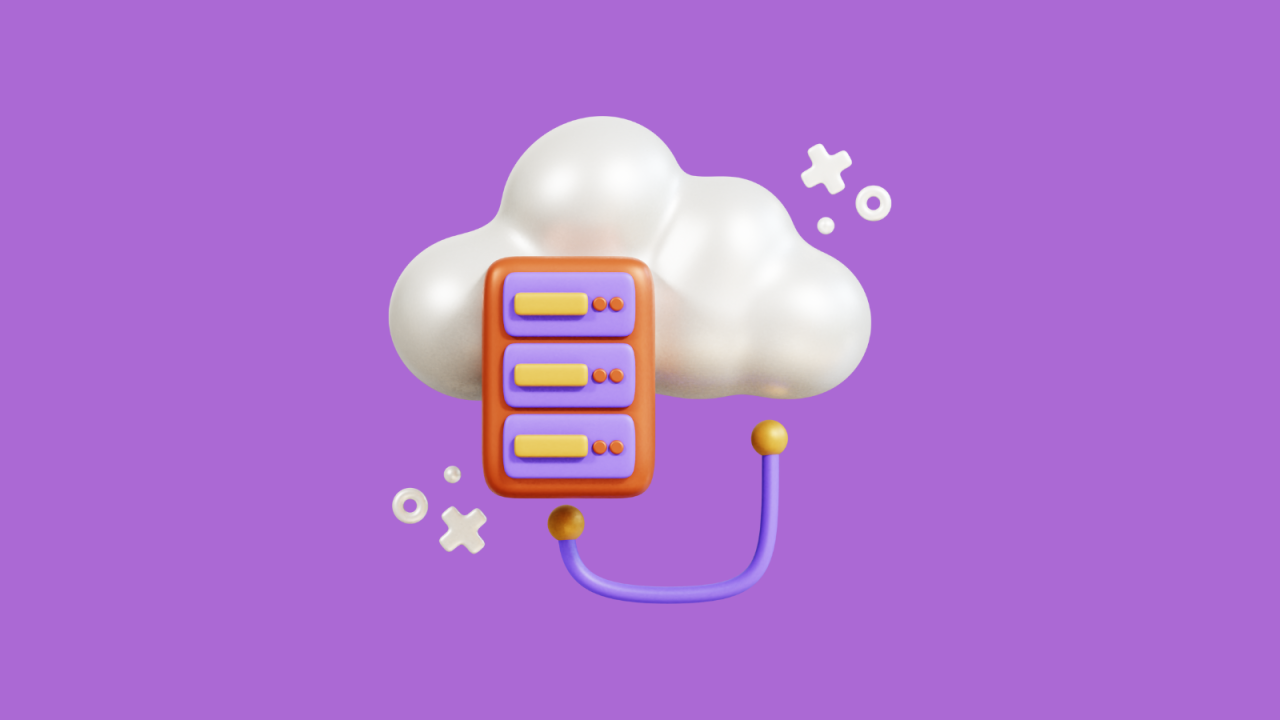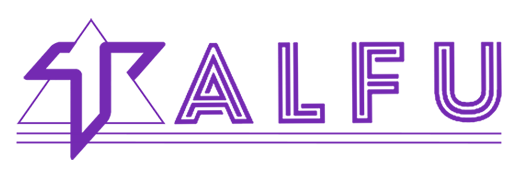
From Ledger to the Cloud: A Modern Accounting Evolution Story
In the bustling heart of the financial district, there stood a small accounting firm named Precision Accounts, founded by Robert Thompson. In the early days, the office was filled with the rhythmic sound of typewriters and the distinct aroma of freshly printed ledgers. The year was 1995, and Precision Accounts, like many others at the time, relied heavily on manual paperwork for their accounting processes.
Robert, a meticulous accountant, spent countless hours overseeing his team as they diligently recorded transactions, balanced books, and meticulously calculated financial statements using pens and calculators. The office was a symphony of shuffling papers and the clatter of adding machines.
However, Robert, with a keen eye for innovation, recognized the inefficiencies in this traditional approach. As the business grew, so did the stacks of paperwork, and the need for a more efficient solution became evident. It was time for Precision Accounts to evolve.
In 2005, the firm took its first step towards modernization by adopting accounting software. This shift from manual entries to digital platforms brought about a significant reduction in errors and improved the overall efficiency of the team. Yet, Robert was not one to rest on his laurels.
As the cloud computing revolution gained momentum, Robert saw an opportunity to take Precision Accounts to new heights. In 2010, the firm made the bold decision to migrate their accounting processes to the cloud. The transition was met with initial skepticism from some team members who were accustomed to the familiarity of desktop software. However, Robert's vision proved transformative.
With cloud-based accounting, Precision Accounts experienced a paradigm shift. The need for physical paperwork diminished, and collaboration became seamless. Team members could access financial data from anywhere, fostering a more flexible and dynamic work environment. The cloud also brought enhanced security measures, alleviating concerns about data loss or breaches.
By 2020, Precision Accounts had become a trailblazer in the industry, known for its streamlined operations and innovative use of technology. The transition from ledger to the cloud had not only propelled the business into the digital age but had also positioned it as a leader in the competitive landscape.
Today, as Robert Thompson reflects on the journey from manual accounting to cloud-based efficiency, he sees a story of adaptation, resilience, and embracing technological advancements. Precision Accounts stands as a testament to how a forward-thinking approach to technology can turn a traditional business into a modern success story.

